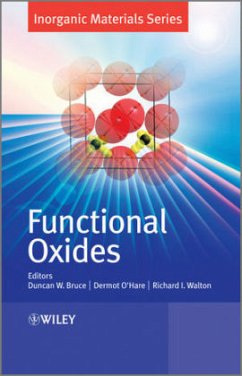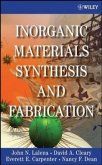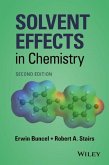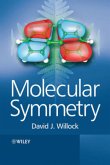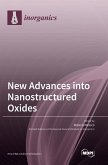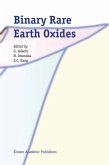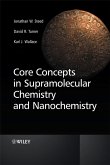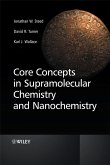Functional oxides have a wide variety of applications in the electronic industry. The discovery of new metal oxides with interesting and useful properties continues to drive much research in chemistry, physics, and materials science.
In Functional Oxides five topical areas have been selected to illustrate the importance of metal oxides in modern materials chemistry:
Noncentrosymmetric Inorganic Oxide Materials
Geometrically Frustrated Magnetic Materials
Lithium Ion Conduction in Oxides
Thermoelectric Oxides
Transition Metal Oxides - Magnetoresistance and Half-Metallicity
The contents highlight structural chemistry, magnetic and electronic properties, ionic conduction and other emerging areas of importance, such as thermoelectricity and spintronics.
Functional Oxides covers these complex concepts in a clear and accessible manner providing an excellent introduction to this broad subject area.
Additional volumes in the Inorganic Materials Series:
Low-Dimensional Solids Molecular Materials Porous Materials Energy Materials
In Functional Oxides five topical areas have been selected to illustrate the importance of metal oxides in modern materials chemistry:
Noncentrosymmetric Inorganic Oxide Materials
Geometrically Frustrated Magnetic Materials
Lithium Ion Conduction in Oxides
Thermoelectric Oxides
Transition Metal Oxides - Magnetoresistance and Half-Metallicity
The contents highlight structural chemistry, magnetic and electronic properties, ionic conduction and other emerging areas of importance, such as thermoelectricity and spintronics.
Functional Oxides covers these complex concepts in a clear and accessible manner providing an excellent introduction to this broad subject area.
Additional volumes in the Inorganic Materials Series:
Low-Dimensional Solids Molecular Materials Porous Materials Energy Materials

